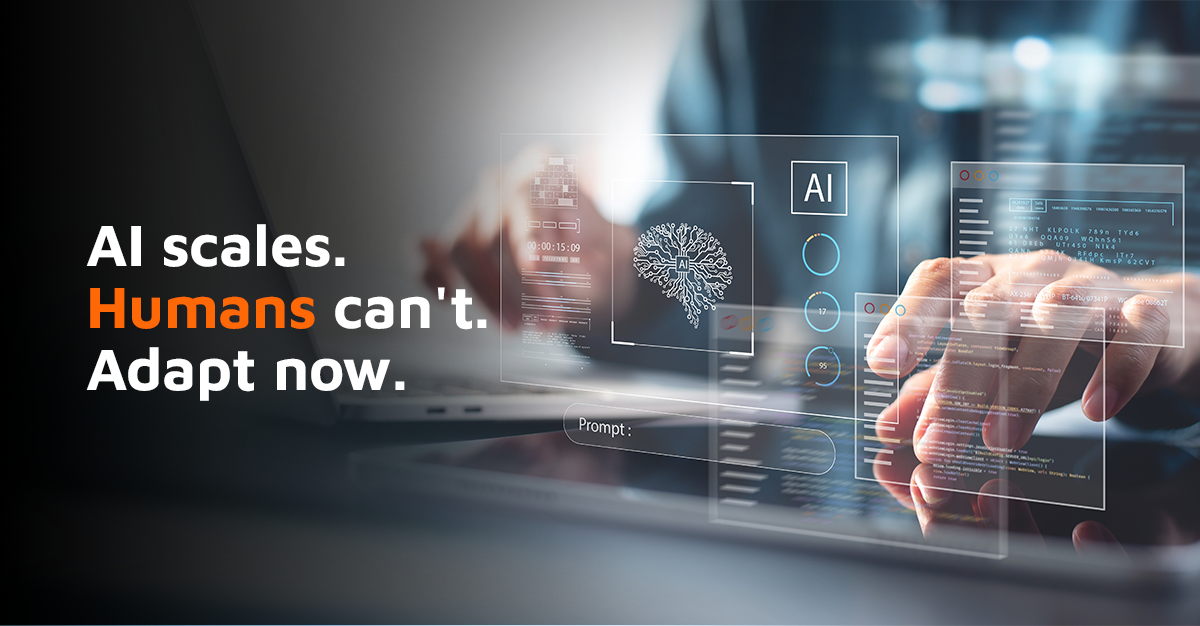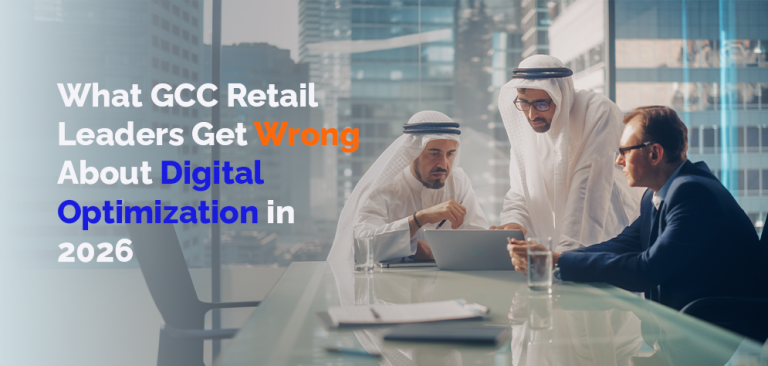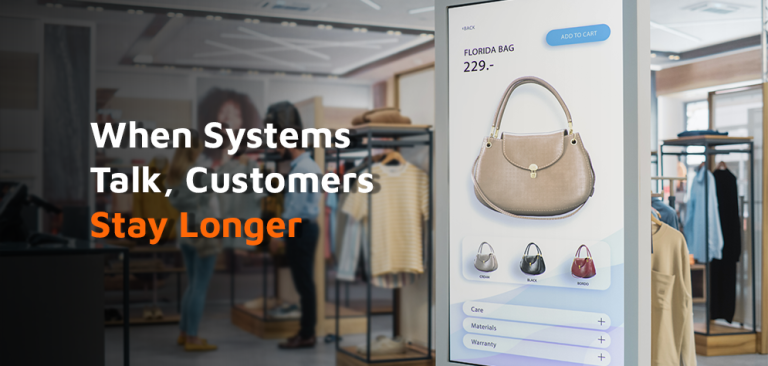Something remarkable is happening in Dubai’s shopping districts, Riyadh’s digital marketplaces, and across the Gulf. AI automation in e-commerce isn’t just a future promise. It’s transforming how GCC retailers operate today. While the world talks about AI’s potential, Gulf businesses are already living in that future.
The question isn’t whether artificial intelligence will transform e-commerce in the region. It’s already happening. The real question is: which businesses will lead this transformation, and which will be left scrambling to catch up?
Why AI Automation in E-Commerce Matters for GCC Retail Brands
Walk into any discussion about retail technology and you’ll hear “AI” mentioned a dozen times. But in the GCC, something different is emerging. AI automation isn’t just optimizing backend processes anymore. It’s fundamentally changing how customers discover products, make decisions, and build relationships with brands.
Consider the modern GCC shopper. They expect websites to understand their language preferences instantly. They want product recommendations that actually make sense. They demand checkout experiences that remember their preferences without feeling invasive.
Traditional e-commerce platforms can’t deliver this level of sophistication manually. There simply aren’t enough hours in the day or people on the team. This is where AI automation transforms from nice-to-have to absolutely essential.
Smart systems now analyze browsing patterns in real-time, adjusting product displays based on what’s working. They optimize pricing dynamically, considering inventory levels, competitor movements, and demand signals. They even predict when a customer might be ready to buy and adjust the experience accordingly.
According to Boston Consulting Group, AI-driven marketing increases conversion rates by 20% on average, making it a critical tool for GCC retailers looking to compete in digital markets.
The Invisible Systems That See What Humans Miss
Here’s something most retail brands don’t want to admit: customers leave clues everywhere before they churn. They browse less frequently. Their cart values decrease. They stop opening emails. They take longer between purchases.
Humans might notice these patterns with their top 20 customers. But what about the other 2,000? Or 20,000?
Churn prediction models powered by AI can spot these warning signs across your entire customer base simultaneously. They identify at-risk customers weeks before they stop buying, giving you time to re-engage them meaningfully.
A luxury fashion retail brand in Dubai implemented this approach and discovered something fascinating. Their highest-value customers weren’t the ones buying most frequently. They were the ones maintaining consistent purchase patterns. When those patterns changed, it was a signal that needed immediate attention.
The system flagged these customers automatically, triggering personalized outreach that felt timely rather than desperate. Retention rates improved significantly simply by acting on signals that were always there but never noticed.
Breaking Down the Walls Between B2B and B2C
The GCC’s B2B e-commerce landscape is experiencing its own revolution. For years, business buyers accepted clunky ordering systems because that’s just how B2B worked. Not anymore.
Modern B2B commerce platforms are borrowing the best experiences from consumer retail and adding the complexity that business purchases require. Bulk pricing that adjusts automatically. Account hierarchies that reflect real organizational structures. Approval workflows that happen seamlessly in the background.
But here’s where AI makes the real difference: understanding that business buyers are still humans making decisions. They want recommendations. They appreciate reminders about reorder cycles. They value platforms that learn their preferences and make the tenth order easier than the first.
Unified commerce is finally becoming reality in the GCC. The same customer might browse on mobile during their commute, add items from their desktop at work, and complete the purchase on a tablet at home. AI-powered systems track these journeys across devices and channels, creating one coherent experience instead of three disconnected ones.
The Sales Team That Never Sleeps
Let’s talk about something that keeps GCC business owners up at night: scaling sales without proportionally scaling costs.
Sales automation software powered by AI is changing this equation entirely. These systems handle initial inquiries, qualify leads based on behavior patterns, send personalized follow-ups at optimal times, and even predict which opportunities are most likely to close.
A construction supplies distributor in Saudi Arabia implemented AI-driven sales automation software and discovered their human sales team was spending 60% of their time on administrative tasks and low-probability leads. By letting AI handle qualification and initial engagement, their actual salespeople could focus entirely on high-value relationships and complex deals.
The result wasn’t fewer sales jobs. It was more effective sales teams closing bigger deals.
Research from Salesforce shows that generative AI can save sales professionals an average of 4.5 hours per week, while reps currently spend only 28% of their time actually selling.
What This Means for Your Business Today
The GCC’s e-commerce future isn’t waiting for some distant tomorrow. It’s unfolding right now, and the gap between early adopters and laggards grows wider every quarter.
AI automation eliminates repetitive tasks so your team can focus on strategy and creativity. Churn prediction identifies problems before they become lost customers. B2B commerce platforms bring consumer-grade experiences to business buyers. Sales automation software scales your revenue without scaling your headcount proportionally. And unified commerce ensures customers get consistent experiences regardless of how they interact with you.
AI automation in e-commerce is no longer optional for GCC retail brands who want to remain competitive. It’s the foundation of modern retail operations.
The retail brands thriving in tomorrow’s GCC market won’t be the ones with the biggest budgets or the most locations. They’ll be the ones who understood that AI isn’t about replacing human judgment. It’s about amplifying it.
The future of e-commerce in the GCC is being written right now. The only question is whether you’re holding the pen.








